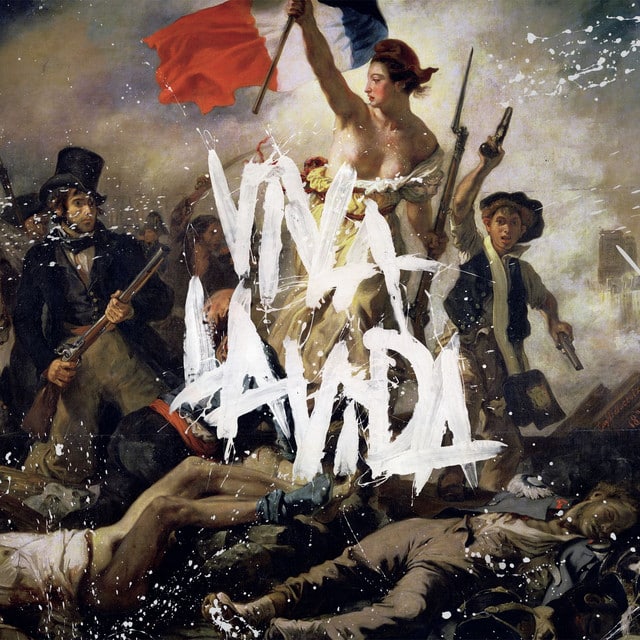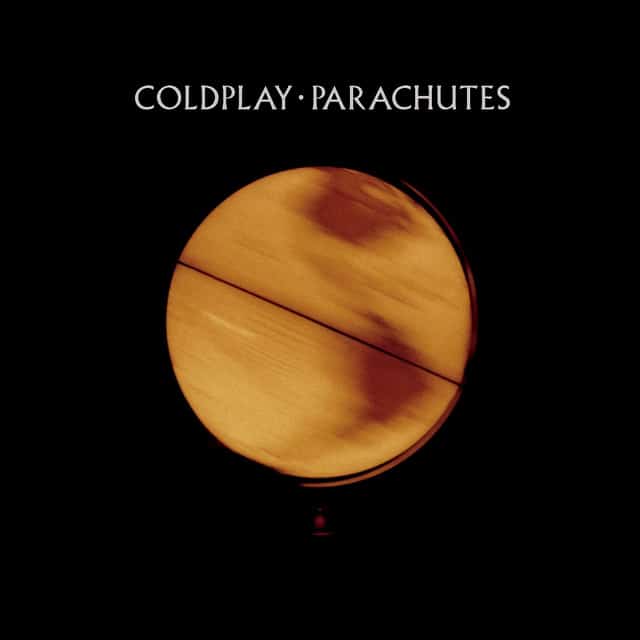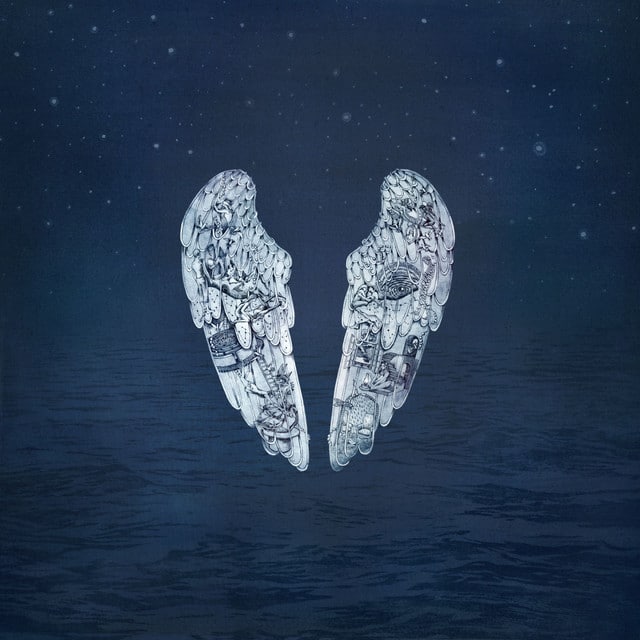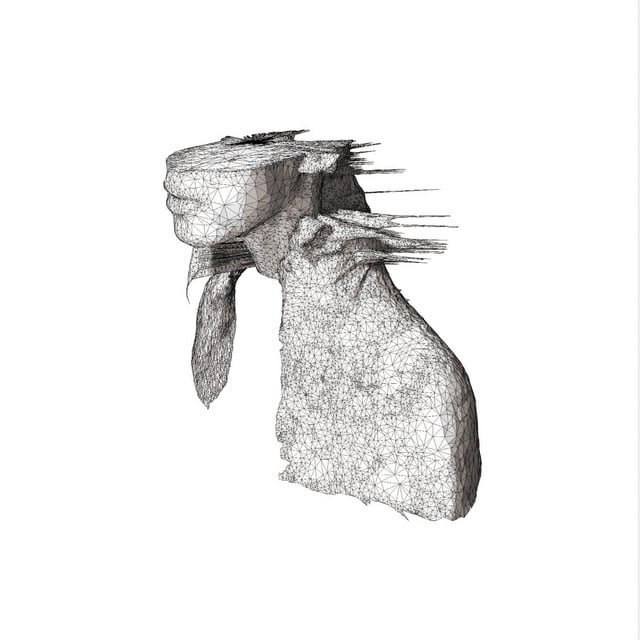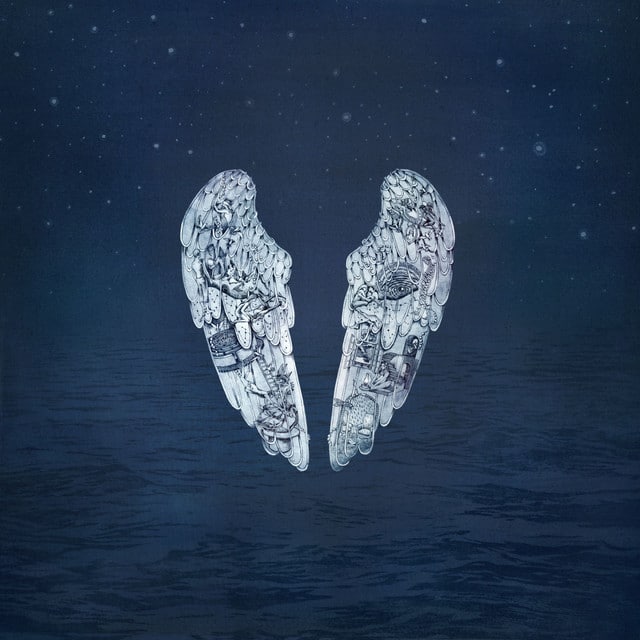Released: 2008
On the surface, “Viva La Vida” by Coldplay could easily be taken as a historical recount or a story of a fallen monarch. However, dig a bit deeper, and you realize it’s an evocative exploration of power, downfall, and the ephemeral nature of leadership and glory. This tune, wrapped in its orchestral grandeur and Chris Martin’s poignant vocals, takes us on a journey from the heights of power to the depths of obscurity, touching on themes of mortality, the fickleness of fate, and the hunger for redemption.
The opening lines, “I used to rule the world / Seas would rise when I gave the word,” set the stage. Here’s an individual who once commanded vast territories, whose mere words could control the natural elements. Yet, now, they “sleep alone,” no longer the ruler but a shadow of their past, metaphorically “sweep[ing] the streets I used to own.” It’s a stark contrast that speaks to the impermanence of power and the isolation that often follows its loss.
“I used to roll the dice / Feel the fear in my enemy’s eyes,” further reminisces about the exhilaration of power and the respect, even fear, it commanded. There’s a pivotal moment in these lines, “Now the old king is dead, long live the king,” reflecting the cyclical nature of leadership and the inevitable replacement of one ruler by another. The imagery of “castles stand / Upon pillars of salt and pillars of sand” is particularly potent, suggesting that the foundations of power are often fragile, susceptible to collapse under pressure.
The chorus invokes spiritually and historically rich images: “I hear Jerusalem bells a-ringing / Roman cavalry choirs are singing.” These lines, imbued with references to ancient civilizations and religious symbolism, suggest not only the global reach of the narrator’s once-great power but also a seeking of redemption and legacy through connection to something enduring and meaningful. “Be my mirror, my sword and shield / My missionaries in a foreign field” could imply a desire for reflection, protection, and propagation of one’s beliefs and values, despite the fall from grace.
As the song progresses, it paints the picture of a precipitous fall – “It was a wicked and wild wind / Blew down the doors to let me in.” Suddenly, the monarch is on the outside looking in, a victim of the same forces that once elevated them. “Revolutionaries wait / For my head on a silver plate” vividly portrays the tangible threat of retribution they now face, emphasizing the loneliness and vulnerability inherent in their downfall.
In the repeated chorus, “For some reason, I can’t explain / I know Saint Peter won’t call my name,” there’s an acknowledgment of guilt or wrongdoing, an admission that their actions have perhaps rendered them unworthy of salvation. Yet, there’s a persistent, lingering desire for legacy (“But that was when I ruled the world”), a reluctance to let go of the past glories despite the present fall from grace.
“Viva La Vida” is not just about the loss of power; it’s a meditation on the human condition, on our desire for significance, on the fleeting nature of glory, and on the quest for meaning beyond our mortal achievements. Coldplay, through this hauntingly beautiful anthem, invites us to ponder on our own legacies – what we build, how we rule, and how we wish to be remembered when our own castles crumble.
